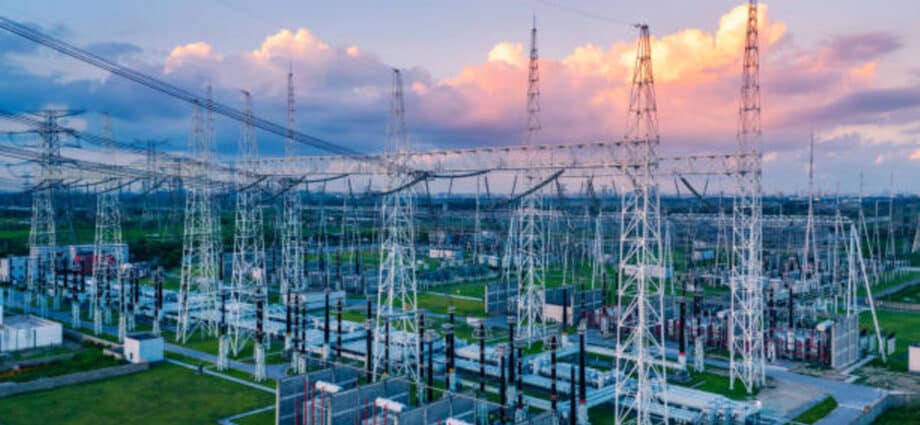Lusaka/Iringa. Zambia’s state-owned electricity utility Zesco said on Monday it is seeking to import power to avert an energy deficit that could affect output in Africa’s second-largest copper producer.
The country generates 86 percent of its electricity from hydropower stations.
Power generation has been hit by a severe drought induced by El Nino, a weather phenomenon resulting from the abnormal warming of the waters in the eastern Pacific, which raises temperatures globally.
As a result, Zambia expects a power generation deficit of 700 megawatts this year, Zesco said in a statement.
“We are negotiating additional electricity imports that will be strategically allocated to crucial sectors, including mining, agriculture, and manufacturing to support economic stability and growth,” Zesco said.
It did not give details of how much power it seeks to import.
Last week, Zesco warned mining companies there may be fluctuations in power supply due to the reduced generation capacity, raising concern over the country’s copper output.
Zambia’s copper output declined to about 698,000 tonnes in 2023 from 763,000 tonne s the prior year, according to the country’s mining chamber.
The potential risk to copper production from the African nation comes at a time when the market is already concerned about tightening global supplies constraining refined production of the metal, which is used in power and construction industries.
Speaking on a live-televised address on Tuesday, Zambia President Hakainde Hichilema said his government was considering to purchase power from Tanzania via the Zambia-Tanzania interconnector.
The proposed electricity purchase underscores the importance of regional collaboration in tackling energy challenges exacerbated by climate change.
It also highlights the potential for infrastructure projects like the Zambia-Tanzania interconnector to facilitate cross-border energy trade, enhancing energy security and stability in the region.
Further details on the terms of the power purchase agreement and the timeline for its implementation are expected to be released soon as both countries work towards finalizing the deal.















